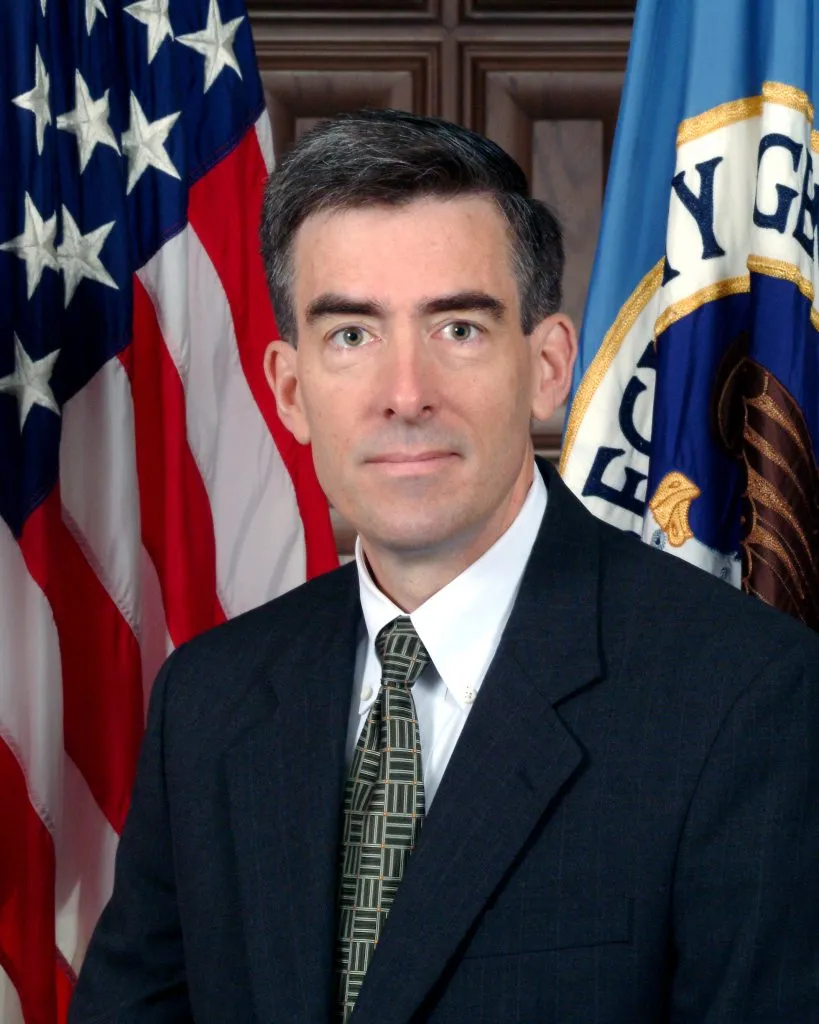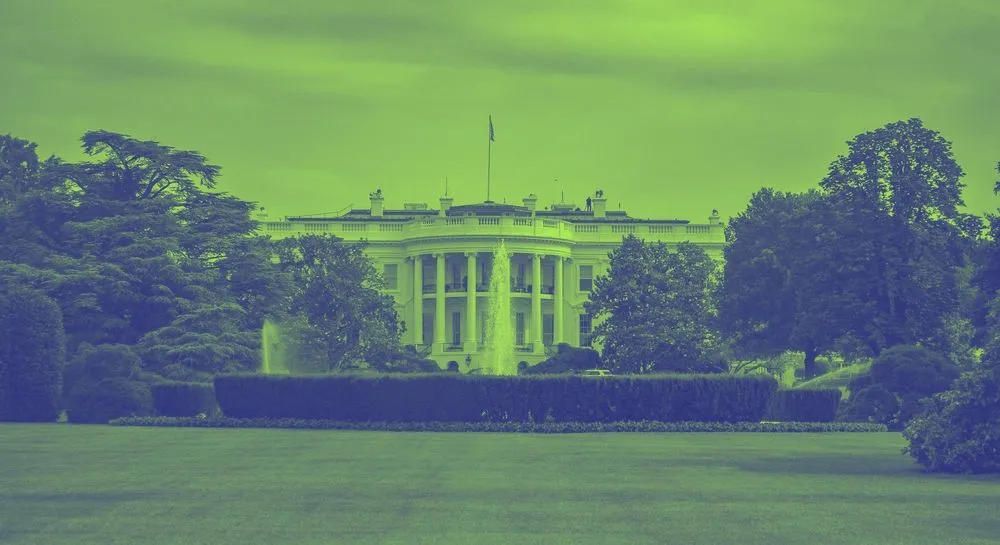Inglis sworn in as first national cyber czar
Chris Inglis was sworn into office on Monday as the country’s first ever National Cyber Director, according to a White House spokesperson.
Inglis, a former NSA deputy director, was unanimously confirmed by the Senate last month. He will advise President Joe Biden on digital issues, as well as play a key role in coordinating the federal government’s response to hacks and other digital threats.
The creation of the new White House office was a major policy recommendation of the Cyberspace Solarium Commission — which Inglis served on — and was enshrined into law in last year’s defense policy bill out of a bipartisan desire to see cybersecurity issues elevated within the executive branch and to have someone with the authority to coordinate the government’s various digital missions.

Congress has yet to fund the newly minted office, which is ultimately expected to operate with a staff of about 70 personnel. The White House asked for $15 million for it in its fiscal 2021 budget request, a dollar figure matched in the House Appropriations Committee’s Financial Services and General Government funding bill.
Until then, Inglis and his handful of staff are expected to be paid through the president’s unanticipated needs fund.
The swearing in of Inglis, who spent nearly three decades at NSA, further cements the influence of organization’s veterans within the Biden White House. Earlier this year the president appointed Anne Neuberger, who held several senior roles at the spy agency between 2013 and 2021, to the new post of deputy national security adviser for cyber and emerging technology.
Biden has also nominated Jen Easterly, a former deputy director of the NSA’s counterterrorism center, to lead the Cybersecurity and Infrastructure Security Agency at DHS. She is expected to be confirmed this week. All three overlapped at the agency for years.
Martin Matishak
is the senior cybersecurity reporter for The Record. Prior to joining Recorded Future News in 2021, he spent more than five years at Politico, where he covered digital and national security developments across Capitol Hill, the Pentagon and the U.S. intelligence community. He previously was a reporter at The Hill, National Journal Group and Inside Washington Publishers.



